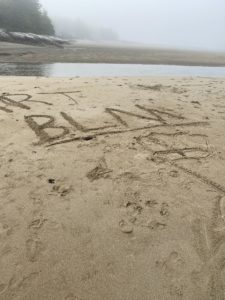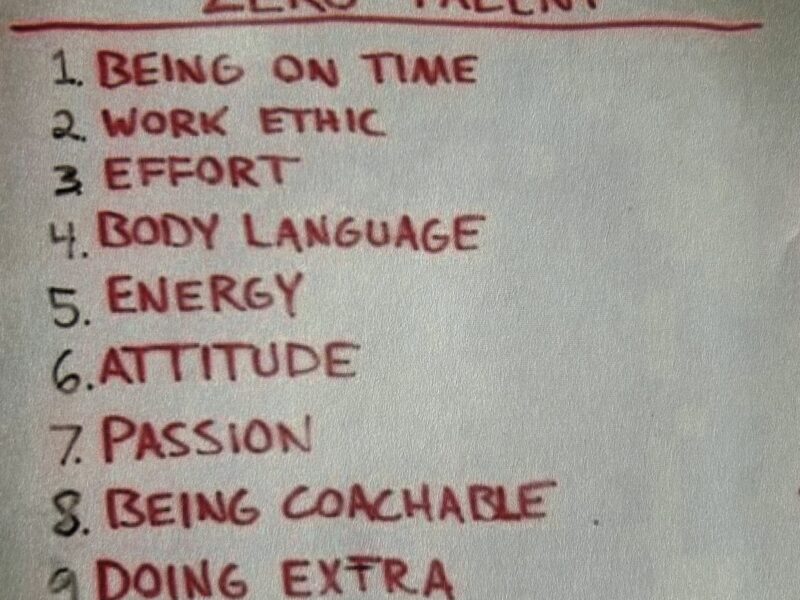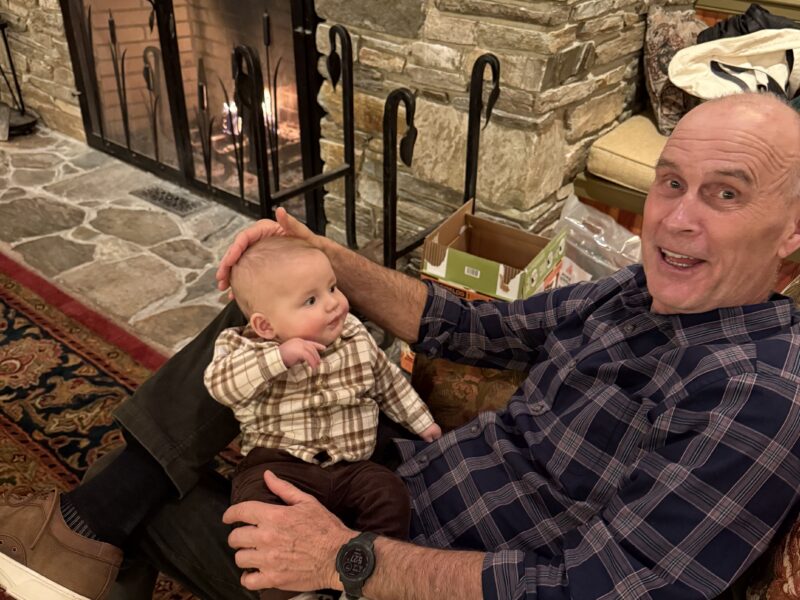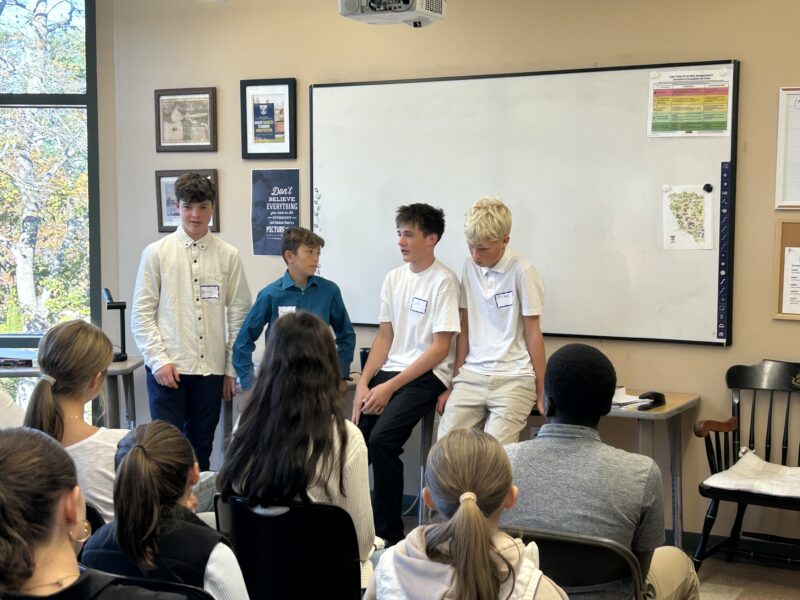
Last week I wrote about songs that have stretched the boundaries of my racial consciousness. This sparked dialogue and more stretching which has, not surprisingly, spilled over into books.
Before serving up 15 “stretcher” books, a few disclaimers:
- I’m not saying they’re great works. I am saying they pierced my veil of racial oblivion or privilege in some substantive way.
- Historical revisionists have periodically assessed some of these works on an evolving cycle from good, to bad, back to good, back again to bad, and so on. Regardless of their pronouncements at any given point in time, the impact these works had on me when I first encountered them is unchanged.
- In some cases, I’m not sure if the impact I felt was due to the book itself or the context fueled by the circumstances of the living arrangement I was experiencing at the time.
- As a historian — gov & history double major; taught both for 20+ years — I have been especially obsessed with three topics: 1. The Roaring 20s; 2. American Popular Music; 3. African-American history. (In college, I did an independent study comparing/contrasting the philosophies and social change strategies of Booker T. Washington and W. E. B. DuBois.)
The following “veil piercers” are presented in chronological order as to when they entered my life:
Black Like Me by John Howard Griffin (1961) – At 12, I was amazed by the prospect of a white man actually undergoing a skin treatment to pass as a black man in order to travel the southern United States for a couple months and write about his experience. Beyond the unusual process he utilized to write the book — Method Writing, maybe? — I was deeply disturbed to learn of the ways in which he was shunned, ridiculed, and even violently harmed by other whites.
N****r – An Autobiography by Dick Gregory (1964) – As a young boy, the topic of civil rights was a mainstay in our home. At that age, it was inconceivable to me that any humor could be found in the midst of burning crosses or Bull Connors’ dogs and fire hoses. Along comes Dick Gregory:
Last time I was down South I walked into this restaurant, and this white waitress came up to me and said, “‘We don’t serve colored people here.”
I said, “That’s all right, I don’t eat colored people. Bring me a whole fried chicken.”
About that time these three cousins come in, you know the ones I mean, Ku, Klux, and Klan, and they say, “Boy we’re givin’ you fair warnin’ …Anything you do to that chicken, we’re gonna do to you.” About that time, the waitress brought me my chicken. “Remember, boy, anything you do to that chicken, we’re gonna do to you.” So I put down my knife and fork, and I picked up that chicken, and I kissed it.
In the late 80s, I took some Hyde kids over to Bowdoin to hear Gregory speak. The guy wowed us all!
To Kill a Mockingbird by Harper Lee (1960) – Junior high was my educational nadir. Never in my life have I felt like more of a loser. Along comes Atticus Finch. (Or maybe it was Gregory Peck?) He just seemed “be-able,” as in, maybe I could someday be that guy. I will never forget the scene in the movie where the white bigoted character spits in his face for defending Tom Robinson, a black man. Only, he didn’t do what John Wayne or Kirk Douglas might have done. Instead, he pulls out his handkerchief, wipes the spit off his face, and continues to defend his client, no matter the reactions of his fellow townspeople. I knew that was the right thing. I wondered, Would I do that?
The Adventures of Huckleberry Finn by Mark Twain (1884) — I devoured this book at 13, drawn to the friendship between Huck and Jim, and floored by the scene where Huck agonizes over whether to turn Jim, a runaway slave, over to the authorities: “I was a trembling, because I’d got to decide, forever, betwixt two things, and I knowed it. I studied a minute, sort of holding my breath, and then says to myself: “All right then, I’ll go to hell.” I remember thinking, I wonder if deep down he really believes that he’ll go to hell if he does do it?
Go Tell it On the Mountain by James Baldwin (1953) – During my Hyde Summer School (age 14), my English teacher was a young rookie named Ed Legg. Challenged to read/analyze/review a novel of our choosing, I selected this Baldwin classic. Ed truly put me thru the paces, compelling me to look beyond the words and look for nuances intended by the author as responses to societal and racial themes. At one point, I complained about “boring sections where I’ll read 10+ pages and cannot remember anything about it.” Ed replied with something like: “Try to imagine how you might react if you knew you were really bright, bright enough to know that you were never going to get opportunities that would match your capabilities. Maybe he intends to make you feel bored to show you how he feels.” I thought, I don’t know if Mr. Legg is right on this, but I cannot stop thinking about it. After that class, I never looked at books the same way. I also read The Fire Next Time and Notes of a Native Son.
Soul on Ice by Eldridge Cleaver (1968) – I was floored by his reminiscence of prison where a guard tore down his pin-up photo of a white woman. At that point, he felt a deep guilt that led to an epiphany that he had been indoctrinated into the “white race’s standard of beauty.” At 14, I was trying to make sense of my own standard of beauty, but this book helped me to grasp some semblance of the “black is beautiful” mantra it helped inspire.
Manchild in the Promised Land by Claude Brown (1965) – From the black & white cover photo of four young dudes walking along a Harlem street to its inside view of one’s urban coming of age, this book spoke powerfully to the teenage me.
Native Son by Richard Wright (1940) – Native Son may have been my introduction to the idea of racism as something beyond prejudice and something involving systemic forces. While I winced at some of the stuff Bigger Thomas did, I also had a sense that he was caught in something beyond his control.
The Autobiography of Malcolm X by Malcolm X (w/Alex Haley) – At age 20, this 1965 book hit me like a ton of bricks. In spite of the fact that I was a behavioral headache in junior high, I basically believed the conventional assumptions and tenets that had been transmitted to me via family, school, and church. Malcolm X’s audacity to characterize Christianity as “our white slave master’s Christian religion” shocked me:
This is white man’s Christian religion used to brain-wash us black people! We have accepted it! We have embraced it! We have believed it! We have practiced it! And while we are doing all of that, for himself, this blue-eyed devil has twisted his Christianity, to keep his foot on our backs . . . to keep our eyes fixed on the pie in the sky and heaven in the hereafter . . . while he enjoys his heaven right here . . . on this earth . . . in this life.
Suffice it to say that both my racial oblivion and sense of privilege had again been pierced. I didn’t even know if I agreed with him, but I definitely knew I could never un-know what he had written.
Souls of Black Folk (1903) by W. E. B. DuBois (1868-1963) and Up From Slavery (1901) by Booker T. Washington (1856-1915) – As a college senior, I immersed myself in studying the work these African-American men did in devoting their entire lives to advancing their people in the face of unspeakable difficulties. This was one of those times where the context of my circumstances enhanced my learning. I began that year as one of 16 exchange student males in a college of 2600 women. Within that context, I took a course called “The History of the Education of Black Americans” taught by a militant professor with an African-American enrollment of over 90%. As a result, the class discussions were substantively different than those I might have expected in the settings to which I had previously been accustomed. As tempting as it may be to write pages here, I’m thinking of a better idea: I will devote a school meeting next fall to their work and Zoom it to any readers here who might be interested in viewing it.
Second Wind – The Memoirs of an Opinionated Man by Bill Russell (1979) – This man is a big reason why I bleed Celtic green. Two stories from a single day in his relationship with his grandfather stopped me in my tracks. First, as he was wrapping up his Celtic career as player/coach, the team happened to schedule an exhibition game in his birthplace of Monroe, LA. His grandfather, who had never seen him play, would finally get his chance. During the first half, Grandfather sat quietly attentive with Bill’s sister. At the half, Bill’s sister asked for his impressions. Grandfather, a product of the Jim Crow south, responded with a simple question: “Do them white boys really have to do whatever William tells ’em to?”… Second, while Russell was introducing him to his teammates in the spartan post-game locker room, his heart dropped when he noticed Grandfather inexplicably sobbing as he peered into the shower room where Celtic legends John Havlicek (white) and Sam Jones (black) were sharing one of the few showers available. Grandfather explained, “I never thought I’d live to see the day when water would run off a black man onto a white man.” I sat and thought about both stories for a good while.
Black Ice by Lorene Cary (1991) – A powerful memoir of an African-American woman’s story of leaving her working class home in Philadelphia to spend two years at a prestigious New England boarding school.
Way Past Cool by Jess Mowry (1992) – Written for younger audiences, Mowry essentially moves Claude Brown’s memoir from Harlem, turning it into a novel set in modern Oakland as it follows a group of kids trying to make the best of things in the face of overwhelming challenges during their middle school years.
The Short and Tragic Life of Robert Peace – A Brilliant Young Man Who Left Newark for the Ivy League by Jeff Hobbs (his Yale roommate) – This ultimately heart-breaking 2014 book tells the story of a man’s journey from Newark to Yale and back to Newark where he dies a violent death in the drug wars. It speaks to deep personal conflict. At Yale, Peace would hide his Newark roots: the poverty, his father’s imprisonment. In Newark, he would hide his Yale accomplishments and influences. Here’s the link to the review I wrote on my blog: https://hydeschoolstg.wpengine.com/blog/malcolms-blog/the-short-tragic-life-of-robert-peace/
Onward, Malcolm Gauld


